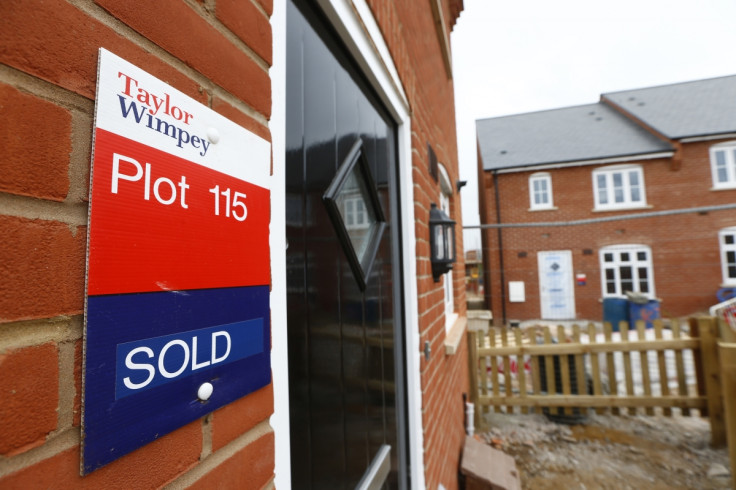UK Land Registry: House Prices Soaring in All Regions Except North East

The north east is the only region of England and Wales that saw the average house price fall in 2013, according to official data from Land Registry.
Even then house prices only fell by an average of 0.1% in the north east, suggesting a recovery is now gripping all areas of the housing market.
The total average house price rise for all regions was 4.4% in December on an annual basis, said Land Registry. London saw the biggest rise of 11.2%.
This comes amid an emerging recovery in the wider domestic economy and mortgage stimulus under the government's controversial Help to Buy scheme.
There are fears of a housing bubble because of Help to Buy, which offers a package of support for new home seekers including a government guarantee for banks' mortgage lending and an interest free equity loan worth up to 20% of a property's value.
This is because earnings are falling in real terms as house prices spiral, there is a serious undersupply of new homes in the housing market, and the Bank of England interest rate is at a record-low of 0.5%.
A study by a Warwick University academic claims there are house price bubbles in most of the UK's regions.
Professor James Mitchell, head of Warwick Business School's Economic Modelling and Forecasting Group, measured house prices against earnings.
He then calculated the probability of a bubble and found that house prices in ten out of 13 regions are higher than historically affordable values.
According to the research, London is most at risk with a 93% probability it is experiencing a house price bubble. Second is Wales, at 83%. The only three regions probably not in a bubble are Northern Ireland, the East of England, and Scotland.
"Rising house prices are proving helpful in leading the UK out of its longest recession in living memory," said Mitchell.
"But with house prices at such historically unaffordable levels there is a risk that when interest rates start to return to more normal levels, which they will if not next year then the year after, that the finances of both households and banks are stretched to breaking point.
"This raises the spectre of falling house prices, negative equity, bad assets on banks' balance sheets and a return to the so-called Great Recession we have been so slowly emerging from."
He added: "Households are particularly vulnerable to interest rate movements in the UK; even quite modest increases in the interest rate would put significant numbers of householders into quite serious debt problems."
© Copyright IBTimes 2025. All rights reserved.






















